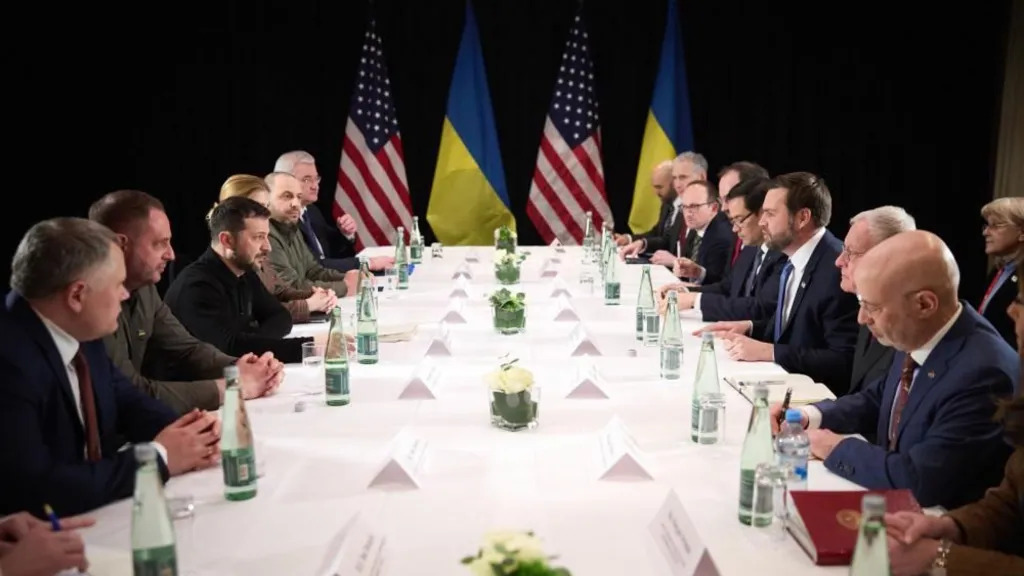
An Gang, Adjunct Fellow, Center for International Security and Strategy, Tsinghua University
Feb 25, 2025
If Europe fails to awaken and respond to its humiliating rejection by the United States, it will lose not only its seat at the table for Ukraine-Russia peace talks but also its status as a leading player in the future multipolar world.

Simon Lacey, Head of Digital Trade and Geopolitics at World Economic Forum
Feb 21, 2025
Simon Lacey, Head of Digital Trade and Geopolitics at the World Economic Forum, in a recent interview with Marc Smrikarov of China-US Focus, discusses areas where U.S. and Chinese interests align, such as global financial stability and freedom of navigation. Additionally, he emphasizes the need for patience and understanding on both sides, and to recognize the importance of cooperation in a shifting multipolar world. He also highlights the fragmentation of AI development between the U.S. and China, warning that the lack of cross-collaboration could hinder innovation, and urges a more rational approach to labeling AI and semiconductors as dual-use technologies in national security contexts.
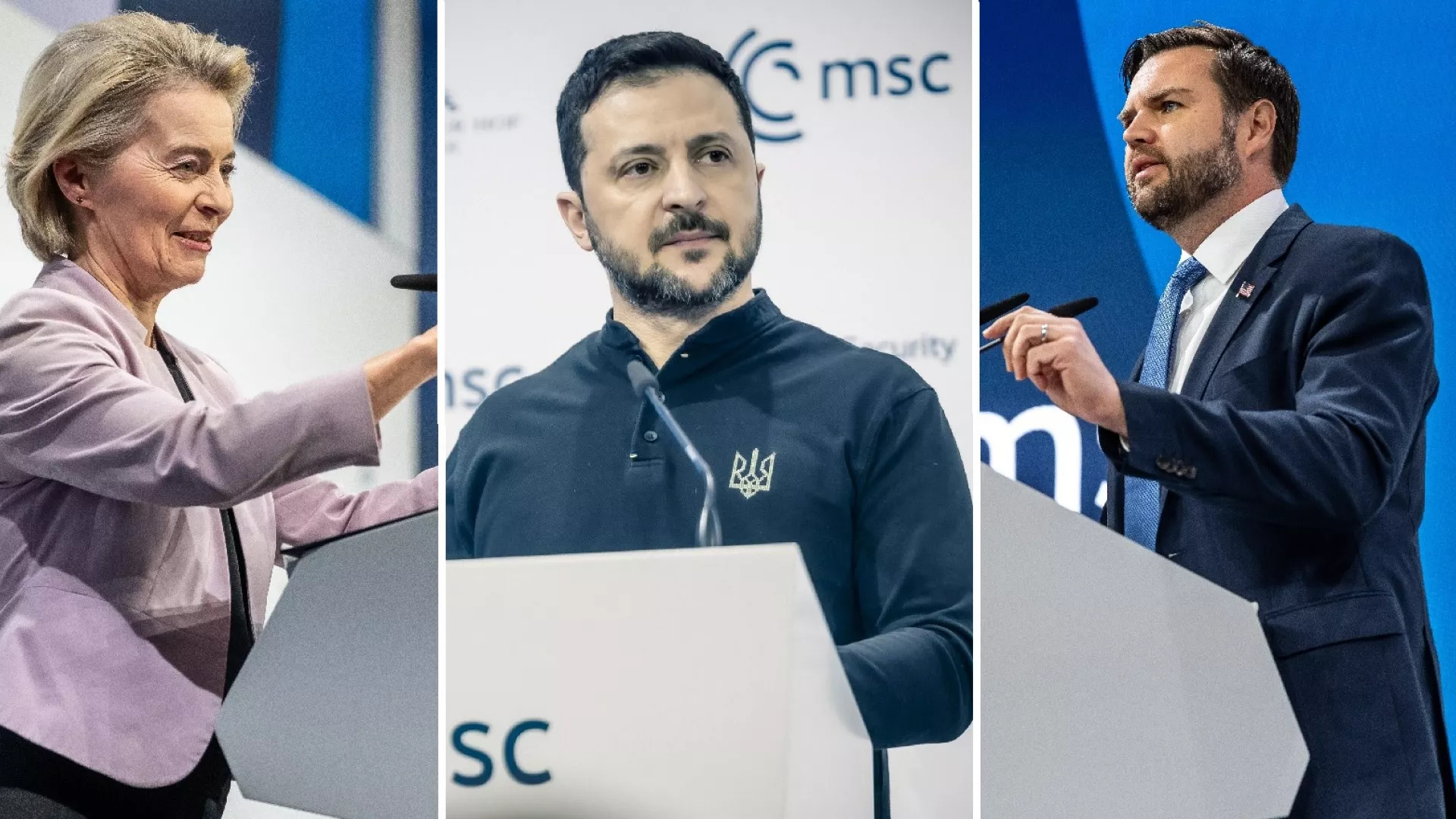
Xiao Qian, Deputy Director, Center for International Security and Strategy at Tsinghua University
Feb 20, 2025
Ukraine crisis lingers as the transatlantic alliance faces an uncertain future. Meanwhile, the international order is undergoing a profound restructuring as the sand shifts under traditional commitments by the United States and as Europe seeks greater autonomy.
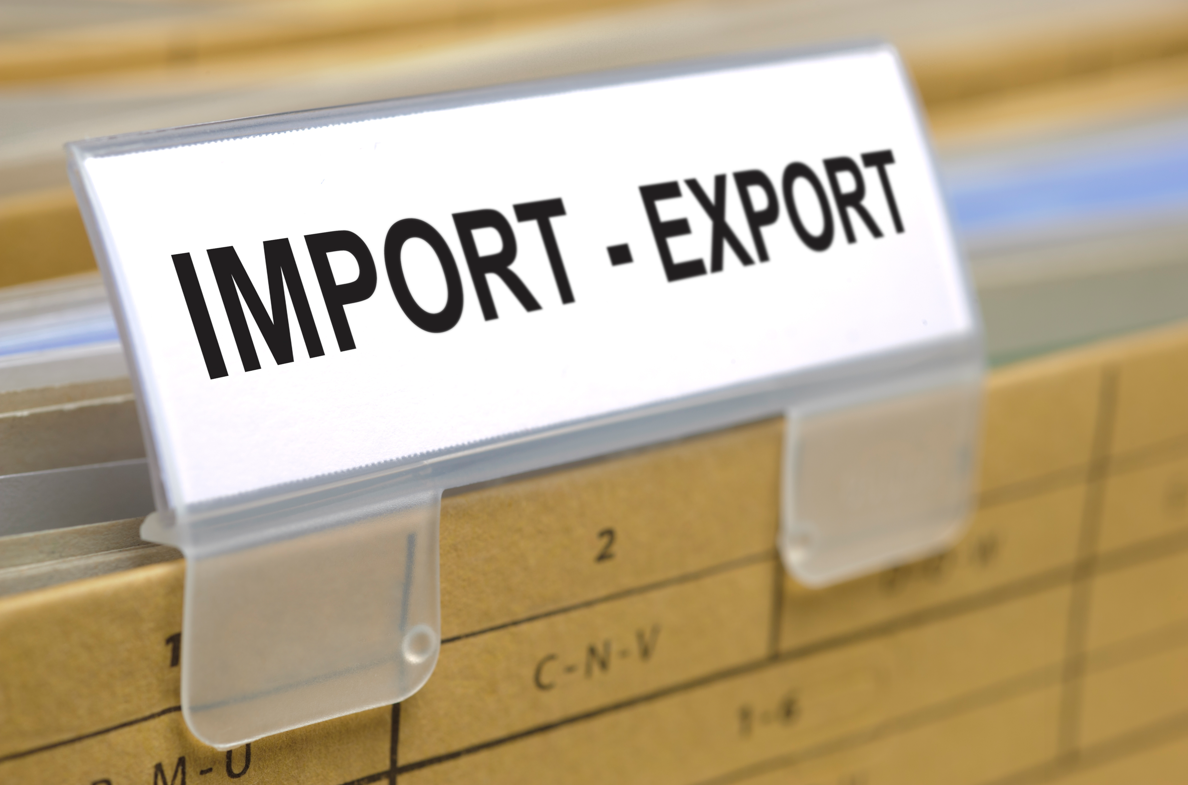
Dan Steinbock, Founder, Difference Group
Feb 07, 2025
By trying to weaponize the U.S. tariffs on America's big trade partners against China, President Trump is basing bad economics on worse geopolitics. It could prove a costly prelude to a global downturn.
Brian Wong, Assistant Professor in Philosophy and Fellow at Centre on Contemporary China and the World, HKU and Rhodes Scholar
Jan 31, 2025
Former Indian Prime Minister Dr. Manmohan Singh’s pragmatic diplomacy shaped Sino-Indian relations, balancing engagement with restraint despite domestic criticism. His legacy highlights the tension between economic cooperation and strategic caution in India's China policy.
Lucio Blanco Pitlo III, President of Philippine Association for Chinese Studies, and Research Fellow at Asia-Pacific Pathways to Progress Foundation
Jan 31, 2025
Philippine-China relations seem to be in a state of despair as the Marcos regime is opening the door for heavier U.S. presence on its islands, especially those nearest to China. By bringing these rival powers into tighter quarters with one another, how can both sides ensure that each others’ interests can be well protected without crossing any red lines?
Zhou Xiaoming, Former Deputy Permanent Representative of China’s Mission to the UN Office in Geneva
Jan 28, 2025
Washington and Beijing display stark contrasts in their approaches to the world and to each other. The dividing lines highlight the extremes — perpetrators and victims, oppressors and the oppressed, aggressors and defenders.
Xiao Bin, Deputy Secretary-general, Center for Shanghai Cooperation Organization Studies, Chinese Association of Social Sciences
Jan 27, 2025
The war is unlikely to end according to the timeline of the incoming U.S. president. Imposing his Ukraine plan on Ukrainian President Volodymyr Zelenskyy could give Russia an opportunity to rearm, thereby raising hurdles for the United States and its NATO allies.
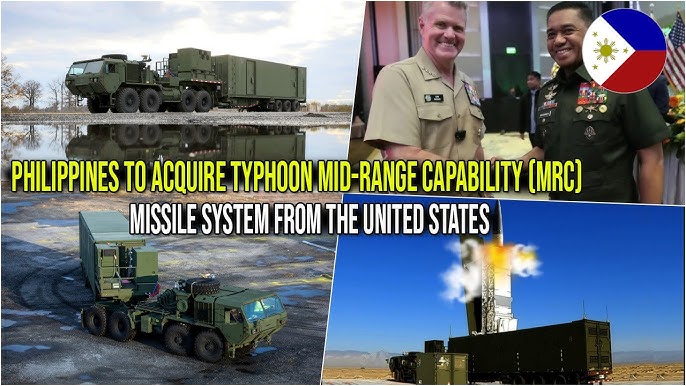
Lucio Blanco Pitlo III, President of Philippine Association for Chinese Studies, and Research Fellow at Asia-Pacific Pathways to Progress Foundation
Jan 21, 2025
The Philippines has played a dynamic role in the Indo-Pacific as of late, now drawing the ire of Beijing by accepting U.S.-made defense systems in the northernmost reaches of its islands. While this may come off like a geopolitical power play, the Philippines still has steadfast commitments to its interests in its own backyard that deserve examination.
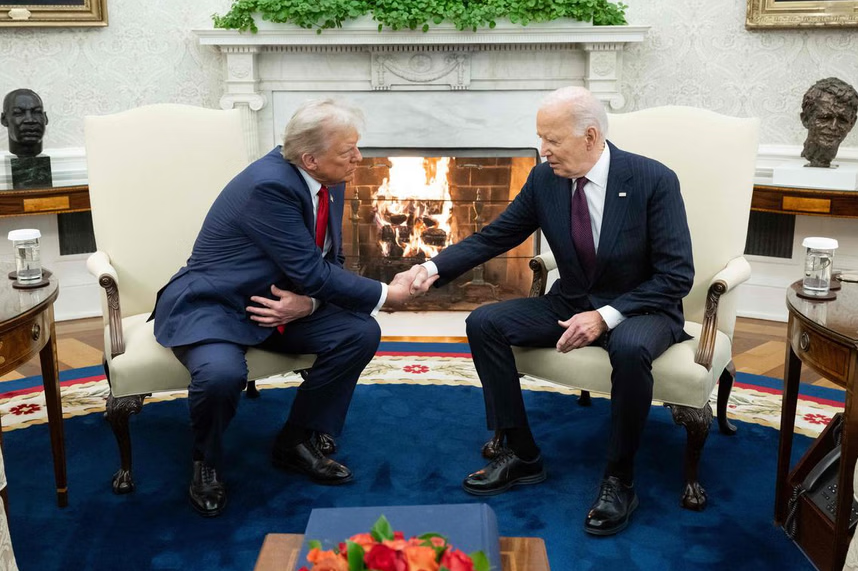
Fan Gaoyue, Guest Professor at Sichuan University, Former Chief Specialist at PLA Academy of Military Science
Jan 10, 2025
The most prominent characteristic of the incoming U.S. president is uncertainty. China, especially, must drop all illusions and prepare to compete so that it can sit tight in the fishing boat and steer it to safety. The wind and waves are likely to rise under a more experienced — and possibly less restrained — American chief executive.
Back to Top

- China-US Focus builds trust and understanding between the U.S. and China through open dialogue among thought leaders.
- Our Offerings
- Topics
- Videos
- Podcasts
- Columnists
- Research Reports
- Focus Digest
- Stay Connected
-
Thanks for signing up!
- Get the latest stories from China-US Focus weekly.